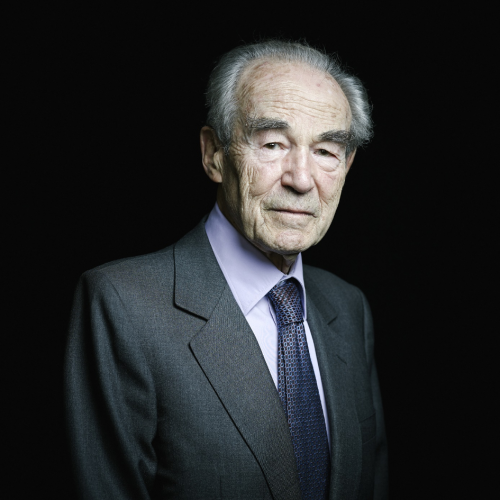01
ROBERT BADINTER
FRANCE
Robert Badinter
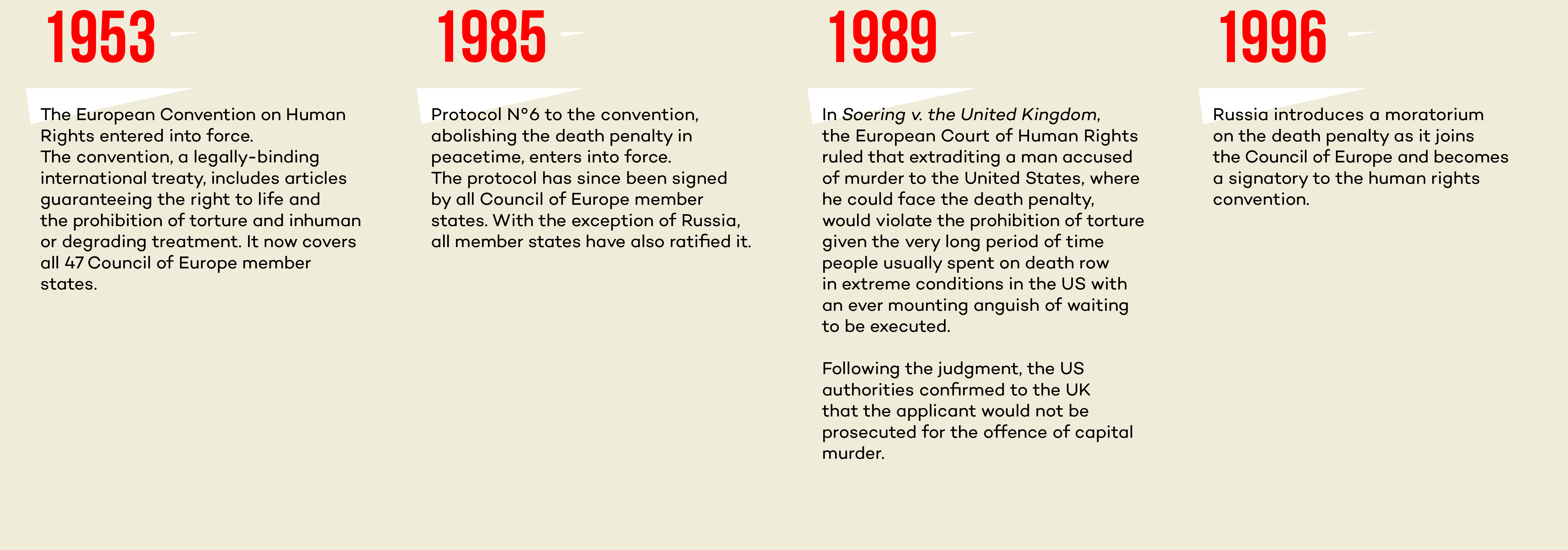
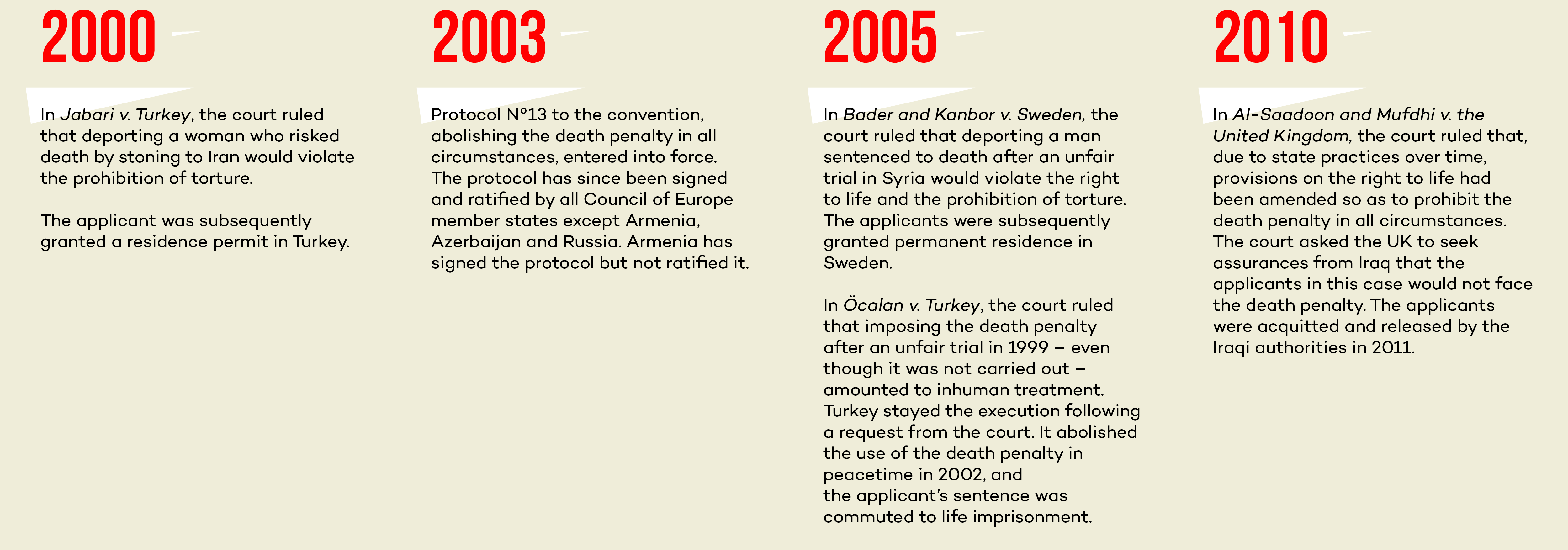
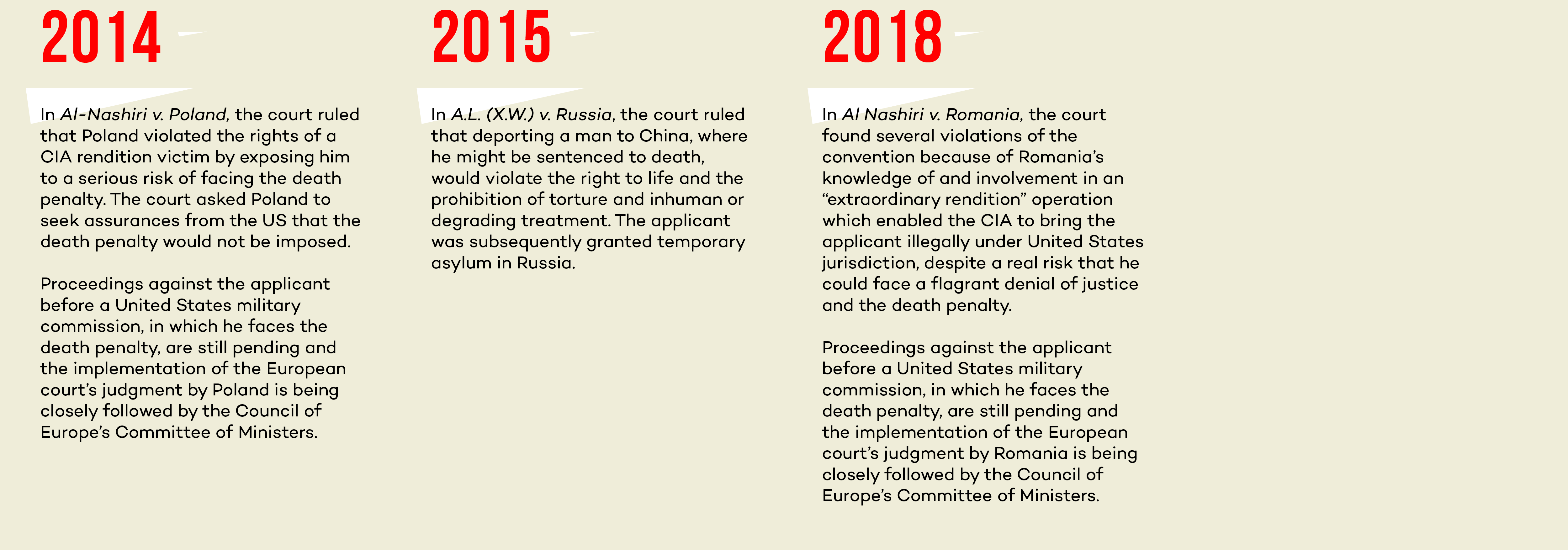
To describe the entire abolitionist process of Robert Badinter, his own works remain the best of sources[1]. He recounts step by step the conditions for setting up his approach as a citizen, lawyer, then Keeper of the Seals. He supports his remarks by putting into perspective his historical influences or affective and intellectual affiliations. The French abolition comes from personalities on the ground. It is those who have "lived" the guillotine who have the supreme punishment repealed. That the death penalty be abolished in France, then beyond, to make Europe a space where the supreme sanction is completely eradicated, this is the commitment of a lifetime for Robert Badinter. Throughout his career as a lawyer, he published articles against the ultimate punishment. Thus, on January 19, 1970, in the Figaro Littéraire: “Only sick societies maintain capital punishment. »
But it was in 1972 that the decisive turning point occurred. Philippe Lemaire asks him to come and assist him in defending Roger Bontems in Troyes. Despite the plea of the two men, the accused was sentenced to death just like Claude Buffet. The lawyer is in shock, especially since his client is not an assassin. He cannot believe that in France one can execute a man who has not killed. Execution day is traumatic. From then on, the abolition of the death penalty became the central object of all his fights. In March 1976, he agreed to defend Patrick Henry following the request of Maître Bocquillon who himself volunteered. Badinter sees a “planned legal disaster” looming, both because of the crime and the personality of the defendant. The trial of Patrick Henry opens on January 18, 1977. And the incredible happens. After three days of hearing, after a very harsh indictment from the Advocate General, the head of the accused is saved. Badinter uses new arguments. In no case does he ask the jurors to forgive the heinous crime of the one who murdered a little seven-year-old boy. What the lawyer says to the jurors is that abolition will soon be effective in our country. Now, how will these men and women be able to explain to their children, to their conscience, that they were among the last to send a man to the scaffold to be “cut in two alive”? The lawyer moves, Patrick Henry is sentenced to life. It is unexpected.
Abolition in France occurs in 1981, under his patronage. But his fight does not end there. He campaigns and works in European bodies to make the death penalty prohibited in the EU. And today, the abolition of capital punishment has supranational legal value. European states wishing to reinstate the death penalty could only do so by denouncing the European treaties, which would be a political aberration and a historical, even moral misinterpretation. This is what Robert Badinter very clearly expressed in 2013: “If you talk about the return of the death penalty in Europe, it is once again the demagogic exploitation of the impossible. All of Europe is united under the sign of abolition. So to say that we are going to restore the death penalty is to say “ah, well we are going to restore absolute monarchy”. We can always talk nonsense, but when we know that we are exploiting in doing so passions which are eternal, man is an animal that kills, that's it, I'm not optimistic about human beings, I I've seen too much of what he's capable of. When we exploit these passions, this instinct of death for ends, what? electoral success? to have more votes? to work on the irrational and the fear in human beings knowing that the death penalty is not the answer, that it never has been and that wherever it has been abolished, everywhere, there is no there has been no increase in bloody crime and often even a regression. So I say it's pure demagoguery. Those who do that lie and they lie because they play on this fear, which is inscribed in every human being, of death, the death that we give him with the death drive then in the name of the justice that we gives to another[2].
So is Robert Badinter. Justice-loving.
Marie Bardiaux-Vaïente
[1]Badinter Robert, L’Exécution, Paris, Grasset et Fasquelle, 1973.
Badinter Robert, L’Abolition, Paris, Fayard, 2000.
Badinter Robert, Les Épines et les Roses, Paris, Fayard, 2011.
[2] Robert Badinter, RTBF.be info, 21 September 2013.
- BOOK
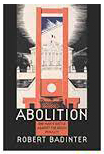
Abolition
Author: Robert Badinter
Country: France
Genre: Narrative
Publication Date: 2000
"I wrote this book, which combines the story of a judicial drama with reflections on justice and the profession of lawyer, after the execution of Claude Buffet and Roger Bontems, in November 1972, in Paris, in the courtyard of the Santé prison. Both had been sentenced to death by the Troyes Assize Court for having taken hostage and slit the throat of a nurse and a guard at the Clairvaux prison. Their pardon was refused by President Pompidou.
Since then, the guillotine has been relegated to the cellars of a museum, and the death penalty has disappeared from our laws. But it still exists in other countries, notably in the United States. And the temptation to return to it has not disappeared from all minds. This justice that killed, here it is at work in this book. It is not useless that new generations, happier in this respect than ours, know it.
R.B. »
- movie

Le pull-over rouge
Directed by Michel Drach (based on the novel by Gilles Perrault)
Main actors: Serge Avédikian, Michelle Marquais
Production Companies: Gaumont
Native country: France
Genre: Drama
Duration: 120 minutes
Release date: 1979
A film version of author Gilles Perrault's best-selling book about the 1976 trial and execution of Christian Ranucci, the youth who was convicted with extremely inconclusive evidence of murdering an eight-year-old girl in Southern France. The publicity the book and film helped abolish capital punishment in France in 1981.
- video


